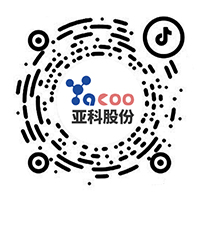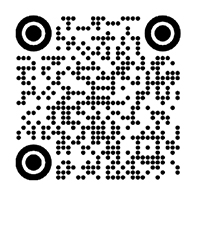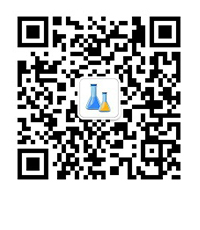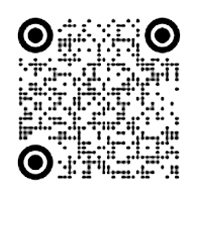Search Product
Structure Search
Search
Advantage Products
Location: Industrial Info
European Commission Grants Orphan Drug Designation to Soliris® (eculizumab) for the Treatment of Patients with Myasthenia Gravis (MG)
2014-08-05
来源:亚科官网
CHESHIRE, Conn.--(BUSINESS WIRE)--Alexion Pharmaceuticals (NASDAQ:ALXN) today announced that the European Commission has granted orphan drug designation (ODD) to Soliris® (eculizumab) for the treatment of patients with Myasthenia Gravis (MG), a rare, debilitating neurologic disorder caused by uncontrolled complement activation. In patients with MG, uncontrolled complement activation due to antibodies directed at the neuromuscular junction can ultimately lead to profound and debilitating weakness of various muscle groups throughout the body.
“Patients with MG develop debilitating muscle weakness, impairing their ability to walk, speak clearly, swallow and, in some cases, to breathe normally, which could lead to a life-threatening myasthenic crisis,” said Martin Mackay, Ph.D., Executive Vice President, Global Head of R&D at Alexion. “By specifically inhibiting the terminal complement pathway, which is believed to play a pivotal role in the pathophysiology of MG, we believe that eculizumab has the potential to help patients living with this devastating rare disorder.”
Soliris is a first-in-class terminal complement inhibitor and is currently approved for the treatment of patients with paroxysmal nocturnal hemoglobinuria (PNH) and atypical hemolytic uremic syndrome (aHUS), two debilitating, ultra-rare and life-threatening disorders caused by chronic uncontrolled complement activation. Soliris is not approved in any country to treat MG. Alexion is enrolling patients in a multinational, placebo-controlled registration trial of eculizumab in patients with refractory generalized MG. More information on this trial is available at www.clinicaltrials.gov under the identifier NCT01997229.
The European Commission grants orphan medicinal product status to provide incentives to develop medicinal products to treat, prevent or diagnose diseases or conditions that affect no more than five in 10,000 persons in the EU. The orphan medicinal product status designation would provide Alexion with certain benefits and incentives in the EU, including a period of market exclusivity if Soliris is ultimately approved for the designated indication.
About Myasthenia Gravis (MG)
Myasthenia Gravis is a rare, debilitating neurologic disorder caused by auto-antibodies that recognize a specific target in the nerve-muscle junction, which results in life-long uncontrolled terminal complement activation causing tissue damage and interference with signalling between nerve and muscle fibers.1,2 Patients with MG initially experience weakness in their ocular (eye) muscles, and the disease typically progresses to the more severe and generalized form to include weakness of head, trunk, limb and respiratory muscles. Symptoms can include drooping eyelid, weakness in the arms and legs, slurred speech, difficulty chewing or swallowing, and difficulty breathing, which could lead to a life-threatening myasthenic crisis.
About Soliris
Soliris is a first-in-class terminal complement inhibitor developed from the laboratory through regulatory approval and commercialization by Alexion. Soliris is approved in the U.S. (2007), European Union (2007), Japan (2010) and other countries as the first and only treatment for patients with paroxysmal nocturnal hemoglobinuria (PNH), a debilitating, ultra-rare and life-threatening blood disorder, characterized by complement-mediated hemolysis (destruction of red blood cells). Soliris is indicated to reduce hemolysis. Soliris is also approved in the U.S. (2011), the European Union (2011), Japan (2013) and other countries as the first and only treatment for patients with atypical hemolytic uremic syndrome (aHUS), a debilitating, ultra-rare and life-threatening genetic disorder characterized by complement-mediated thrombotic microangiopathy, or TMA (blood clots in small vessels). Soliris is indicated to inhibit complement-mediated TMA. Soliris is not indicated for the treatment of patients with Shiga-toxin E. coli-related hemolytic uremic syndrome (STEC-HUS). For the breakthrough innovation in complement inhibition, Alexion and Soliris have received the pharmaceutical industry's highest honors: the 2008 Prix Galien USA Award for Best Biotechnology Product with broad implications for future biomedical research and the 2009 Prix Galien France Award in the category of Drugs for Rare Diseases.












